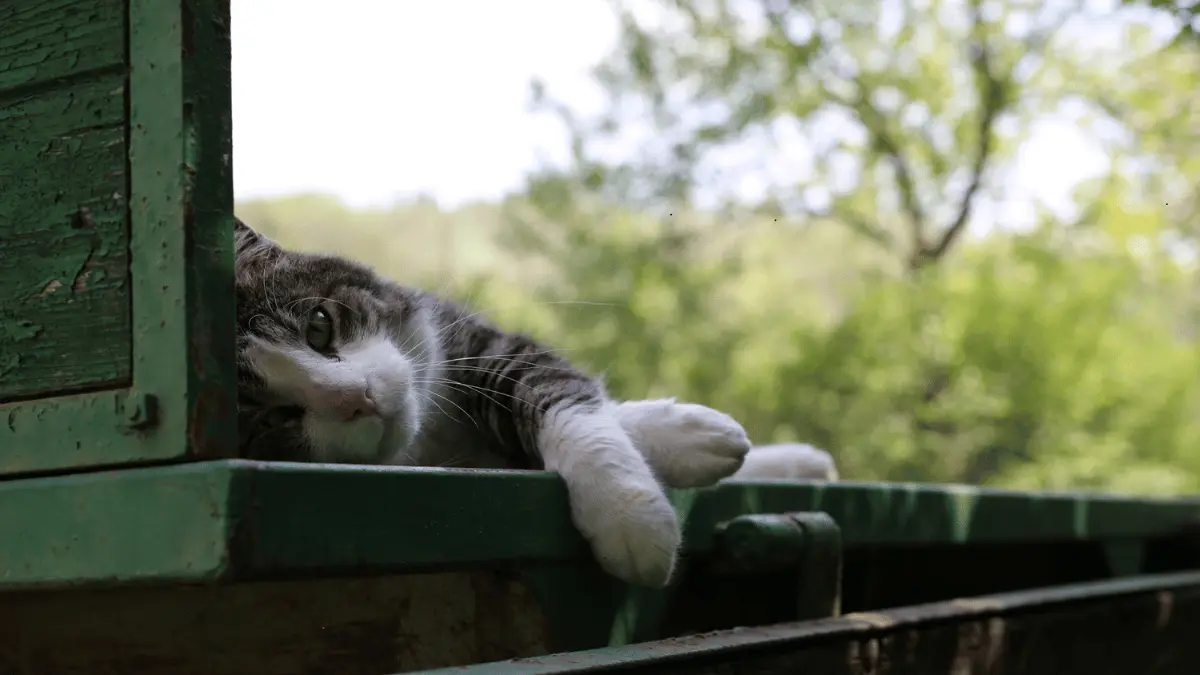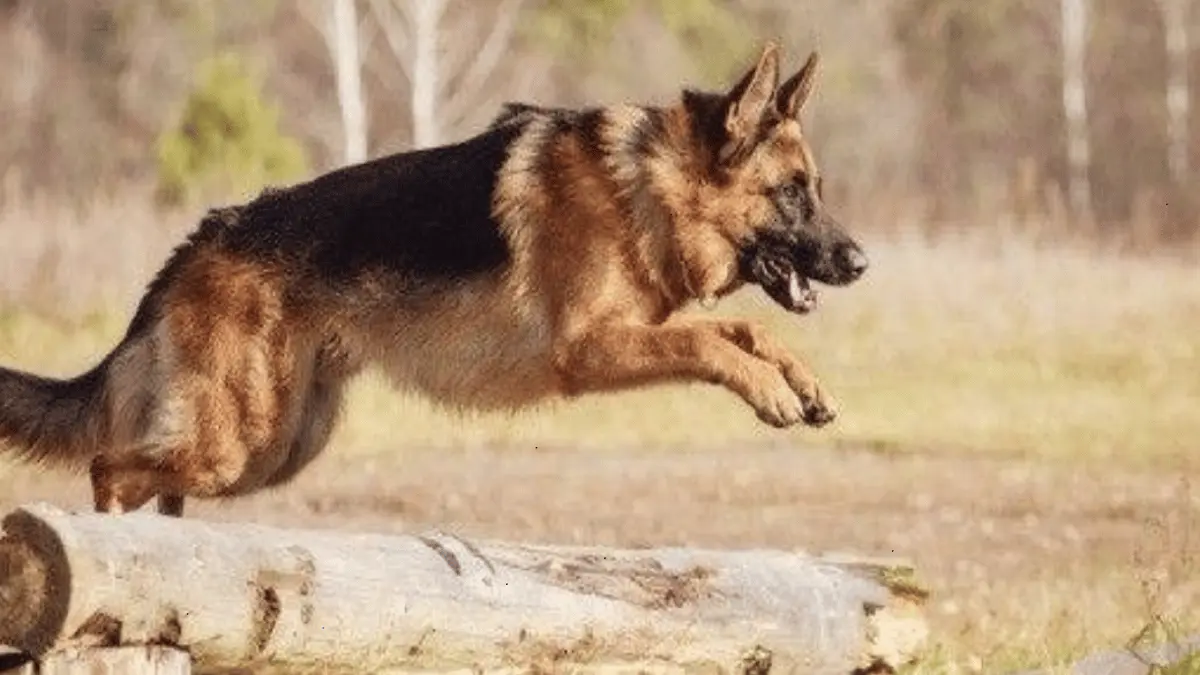How Many Teeth Do Dogs Have? Unveiling the Mystery
Ever wondered how many pearly whites your furry friend flashes when they give you that tail-wagging grin? Understanding the world of dog teeth goes beyond just a number. It’s a fascinating journey into the canine oral cavity, packed with intriguing facts and essential knowledge for every dog owner. So, buckle up, grab your leash, and let’s explore the incredible world of canine teeth!
The Tooth Tally: Counting Canine Canines
First things first, how many teeth do dogs actually have? Well, it depends on their age!
Adult dogs: Buckle up for a number that might surprise you – an adult dog typically boasts a whopping 42 teeth. That’s right, 42 tiny teeth working together to grip, chew, and play. Here’s the breakdown:
- Upper jaw: 20 teeth (12 incisors for nibbling, 4 sharp canines, and 8 premolars for grinding)
- Lower jaw: 22 teeth (mirroring the upper jaw with 12 incisors, 4 canines, and 10 premolars – two more than above!)
Puppy Powerhouses: But the story doesn’t end there! Just like human babies, puppies start with a set of 28 temporary teeth, known as milk teeth. These tiny teeth erupt around 3-4 weeks old and help them explore the world and learn to chew. But don’t worry, they’re not permanent! Between the ages of 3-7 months, these milk teeth are replaced by the 42 permanent adult teeth we mentioned before.
Beyond the Numbers
Now that we’ve crunched the numbers, let’s delve deeper into the fascinating world of dog teeth:
- Canine Champions: Those impressive pointy teeth, often called fangs, are more than just intimidating grins. They’re crucial for gripping prey, tearing food, and even self-defense. In wild dogs, they play a vital role in hunting, while in domestic breeds, they contribute to their powerful bite force.
- Chewing Champions: Dogs are natural-born chewers, using their teeth to explore their surroundings, clean themselves, and relieve stress. This chewing behavior helps maintain healthy teeth and gums, making those teeth more than just tools for eating.
- Dental Diversity: Not all dog teeth are created equal! Different breeds can have variations in tooth size and shape due to their unique skull structures and functions. For instance, short-snouted breeds like Pugs and Bulldogs have crowded teeth, requiring special dental care.
- Dental Detectives: Just like humans, dogs can experience dental problems like cavities, gum disease, and even tooth loss. Regular dental checkups and proper oral hygiene are crucial for maintaining their dental health and overall well-being.
A Guide to Canine Dental Care
Now that you know the ins and outs of dog teeth, it’s time to ensure your furry friend enjoys a lifetime of happy chomping! Here are some essential tips for maintaining their dental health:
- Brushing: Yes, you read that right! Brushing your dog’s teeth with a dog-specific toothpaste and brush is crucial for preventing plaque and tartar buildup. Make it a fun bonding experience!
- Chew Toys: Provide safe and appropriate chew toys to satisfy your dog’s natural chewing instinct and help keep their teeth clean. Opt for durable, non-toxic options like rope toys or rubber chews.
- Dental Treats: Look for dental treats designed to promote oral health and reduce plaque. These can be a tasty way to supplement brushing and keep your dog’s breath fresh.
- Vet Checkups: Schedule regular dental checkups with your veterinarian, ideally once a year. They can assess your dog’s oral health, identify any potential problems early on, and provide professional cleaning if needed.
By understanding the unique world of dog teeth and taking proper care of them, you can ensure your furry friend enjoys a lifetime of healthy chomping, confident smiles, and happy barks. Remember, a healthy mouth contributes to a healthy and happy dog, so let’s keep those canine teeth sparkling!
Unraveling the Mystery of Dog Teeth
Dogs, our loyal companions, hold a special place in our hearts. But have you ever wondered about the intricate workings of their mouths? More specifically, how many teeth do they have, and what fascinating facts lie behind those pearly whites? Let’s embark on a journey to uncover the secrets of canine teeth!
The Tooth Tally:
Adult dogs typically boast a grand total of 42 teeth:
- Upper jaw (maxilla): 20 teeth (12 incisors, 4 canines, 8 premolars)
- Lower jaw (mandible): 22 teeth (12 incisors, 4 canines, 10 premolars)
However, this isn’t the whole story! Puppies start with a set of 28 temporary teeth, also known as milk teeth, which gradually fall out and are replaced by permanent teeth between the ages of 3-7 months.
Beyond the Numbers:
Here are some intriguing facts about dog teeth you might not know:
- Canine Power: Those impressive canine teeth, often called fangs, are used for gripping, tearing, and self-defense. They’re crucial for hunting in wild dogs and contribute to the powerful bite force of many breeds.
- Chewing Champions: Dogs are natural chewers, using their teeth to explore, clean themselves, and relieve stress. This behavior helps maintain healthy teeth and gums.
- Dental Diversity: Different dog breeds can have variations in tooth size and shape due to their unique skull structures and functions. For example, Brachycephalic breeds like Pugs and Bulldogs have shorter snouts and crowded teeth, requiring special dental care.
- Dental Detectives: Just like humans, dogs can experience dental problems like cavities, gum disease, and tooth loss. Regular dental checkups and proper oral hygiene are crucial for maintaining their dental health and overall well-being.
Keeping Happy:
- Brushing: Yes, you can brush your dog’s teeth! Use a dog-specific toothpaste and brush regularly to prevent plaque and tartar buildup.
- Chew Toys: Provide safe and appropriate chew toys to satisfy your dog’s natural chewing instinct and help keep their teeth clean.
- Dental Treats: Look for dental treats designed to promote oral health and reduce plaque.
- Vet Checkups: Schedule regular dental checkups with your veterinarian to ensure your dog’s mouth is healthy and address any potential problems early on.
By understanding the unique characteristics of dog teeth and taking proper care of them, you can ensure your furry friend enjoys a lifetime of happy chomping and good dental health. Remember, a healthy mouth contributes to a happy and healthy dog!














